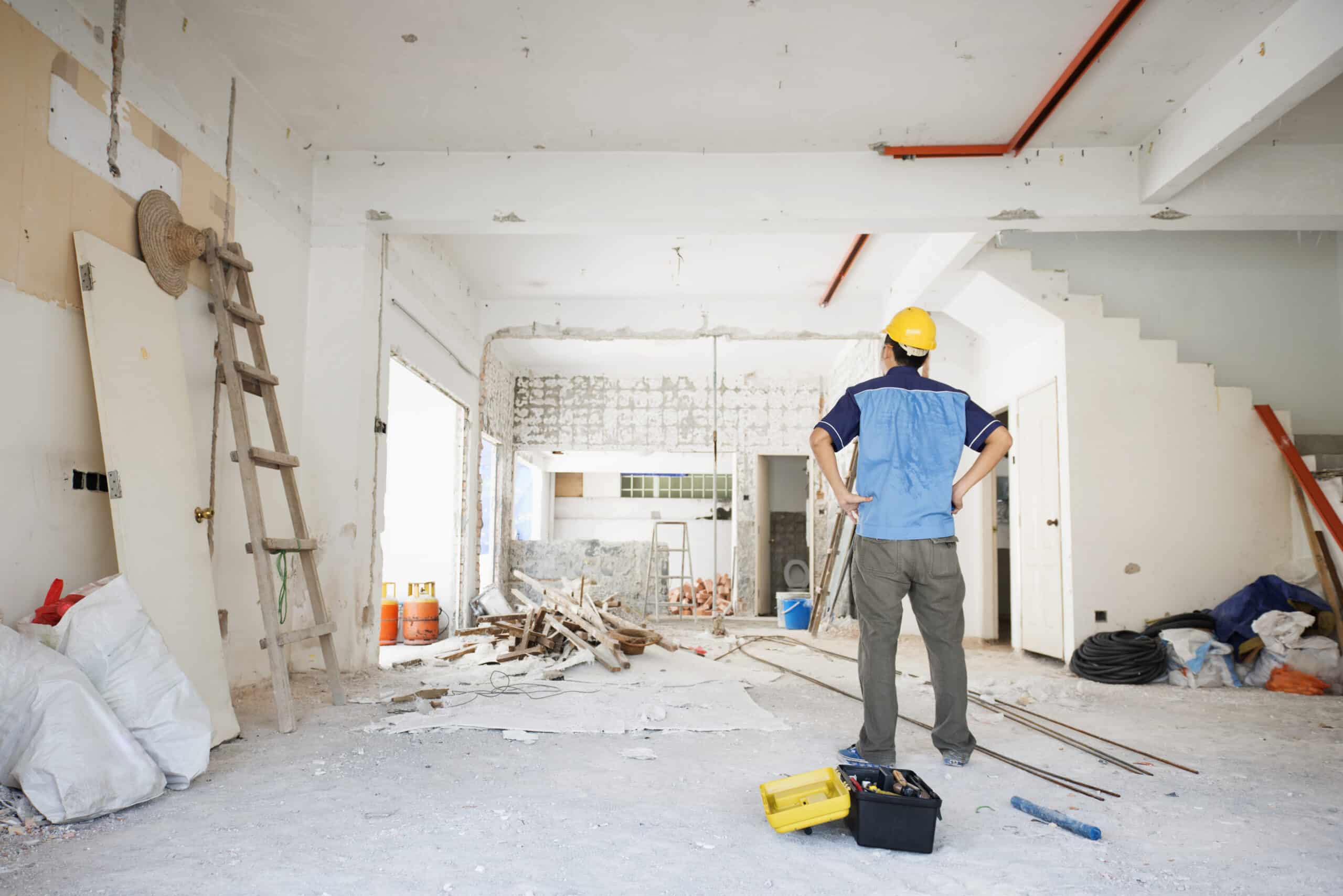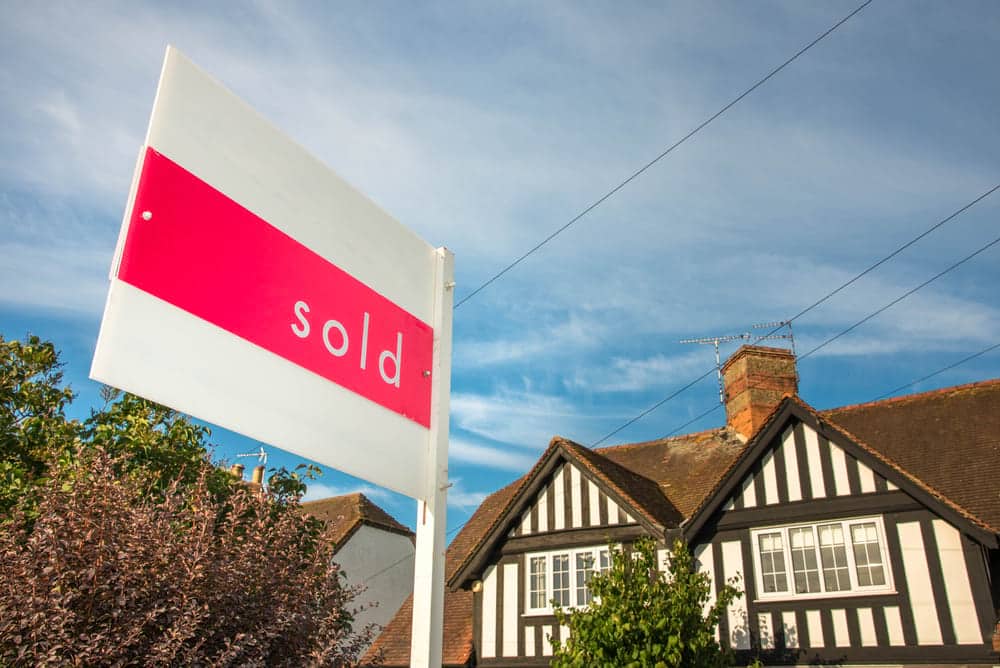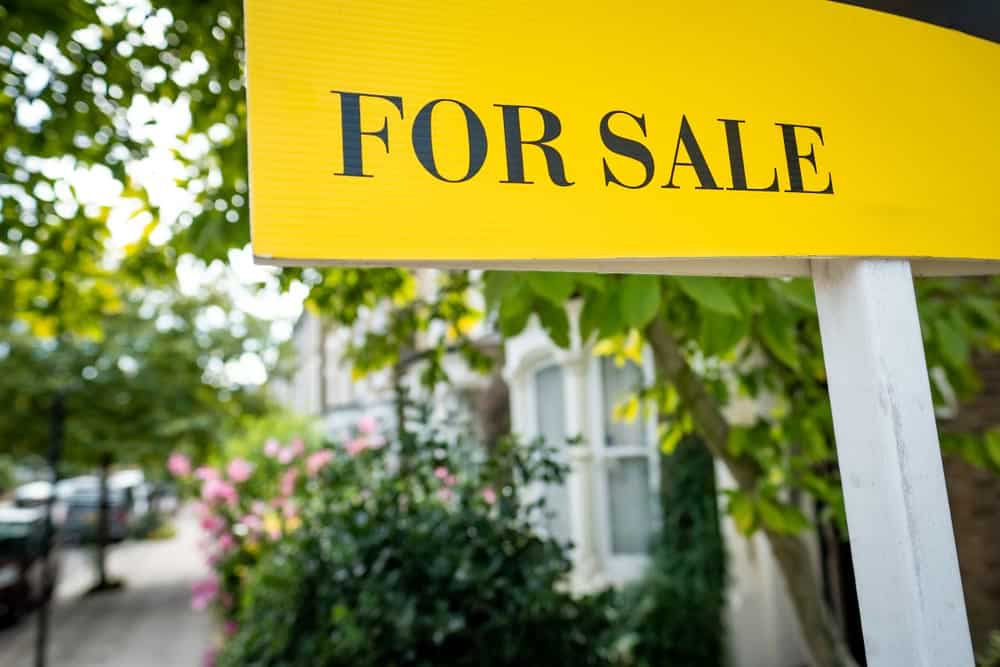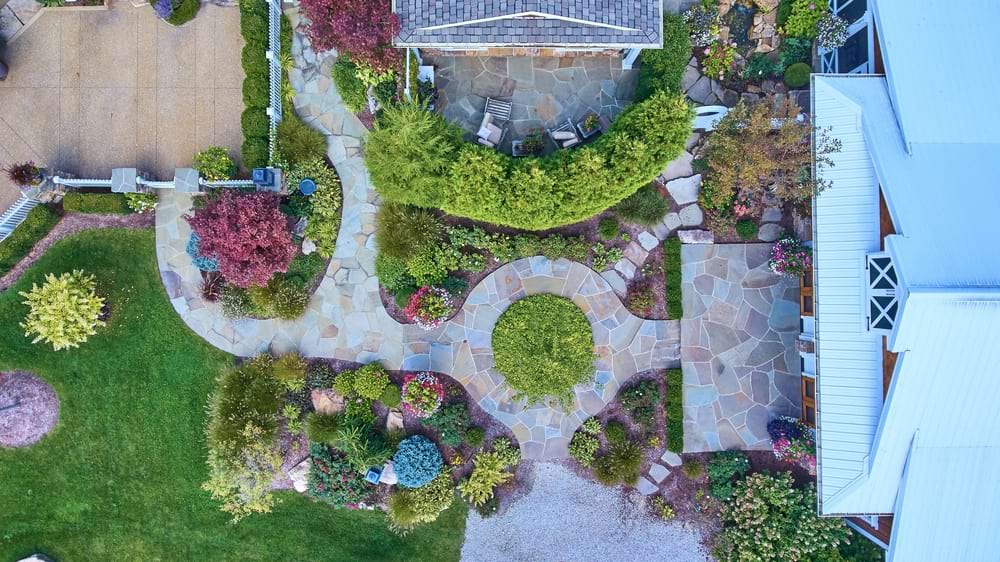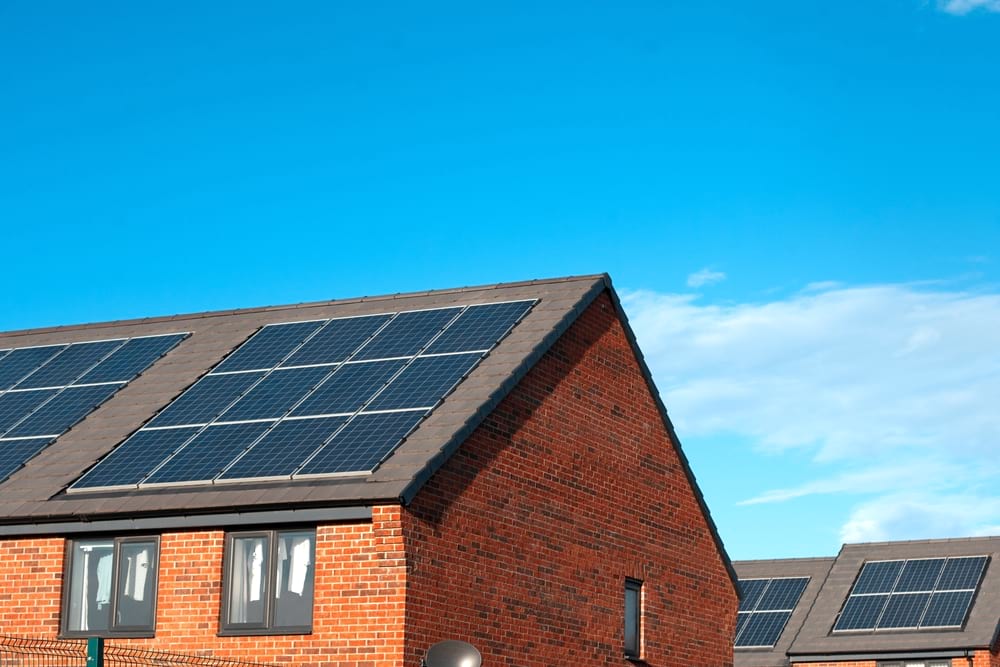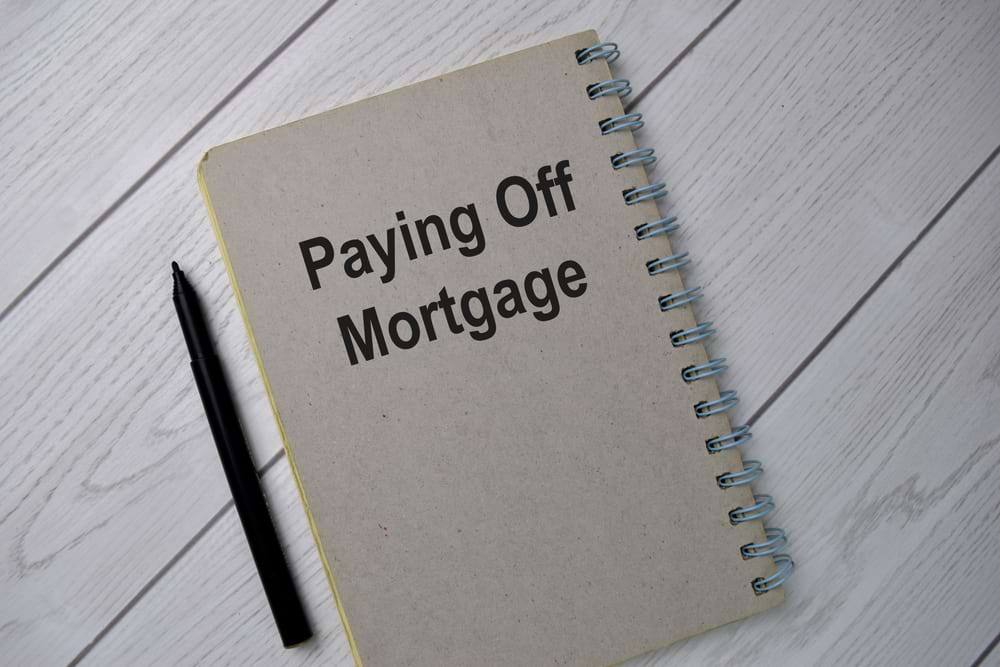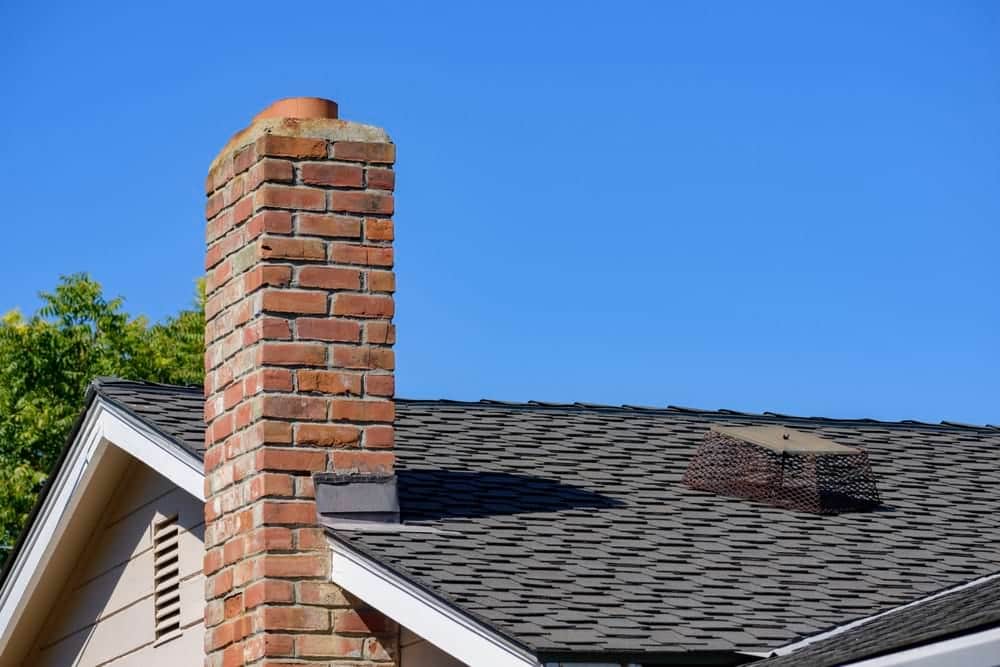Certain conditions make properties exempt from council tax.
One of these can be you are renovating a property. But it’s only sometimes the case.
Let’s learn when and why council tax exemption applies to renovated properties.
What is council tax?
Council tax is the annual fee the council charges for the services they provide.
These services include:
- Waste management
- Street cleaning
- Community services
And more.
The Valuation Office Agency (VOA) assigns each property in the UK a council tax valuation band. And each property is assigned a council tax reference number.
Your property’s band determines how much council tax you pay. And your council tax bill is typically split into ten monthly payments.
When is a property exempt from council tax?
Sometimes, a property in the UK can be exempt from council tax. This exemption may be for a fixed period – such as six months – or indefinitely.
A few examples of when a property may be exempt include:
- A property which a mortgage lender has repossessed
- A property which is unoccupied because the person who lived there has left to care for someone else
- An unoccupied property. This could be because the person now lives elsewhere, as they need to be cared for.
- A property where all the people who live in it are aged under 18
- A derelict property
- A holiday caravan or boat if it’s on a property where council tax is paid
- A property which is occupied only by people with severe mental impairment.
Do I have to pay council tax when renovating a property?
If renovations make your property uninhabitable,it is likely exempt from council tax.
This could be the case with serious structural repairs, fire damage, etc.
Applying for a council tax discount for home renovations
To apply for council tax discount during renovation, you must inform your local council beforehand.
If the work has started, you should inform them as soon as possible. Ideally, you will inform them in advance.
The council will contact residents and send a representative to survey the premises.
If the house is eligible for discount, the reduced amount will be applicable for a year. The discount amount is up to the discretion of the council.
Once you start living on your property again, you should inform your local council within 21 days.
Do you pay council tax on an empty property?
Whether you must pay council tax on an empty property depends on the circumstances.
For example, you will almost always have to pay council tax on a holiday home. But when the property is in your possession for other reasons, you may not have to.
Tenants that have vacated a property they are still under contract for still have to pay council tax. But once the contract is up, the landlord must pay it.
Your council may give you a discount on council tax, but it’s up to them how much you can get. You should contact your council to inquire about this.
Examples of when you don’t need to pay council tax on empty property
Sometimes, you don’t need to pay council tax on an empty property. This includes homes:
- Of someone in prison (except for not paying a fine or Council Tax)
- Of someone who’s moved into a care home or hospital
- That have been repossessed
- That cannot be lived in by law, for example, if they’re derelict
- Occupied by squatters
- That are empty because they’ve been compulsorily purchased and will be demolished.
You should check your council’s regulations for empty properties on their website.
Sell your property with We Buy Any Home
If you want to sell your house quick, We Buy Any Home can help.
We are chain-free cash house buyers who can buy your property up-front without hassle.
Using our own funds, we will buy any property in any condition. We can agree a set price by your chosen date and fully manage a sale from beginning to end.
Our specialist team helped thousands of people with quick house sales.
Fill out our enquiry form below if you would like to know more.
